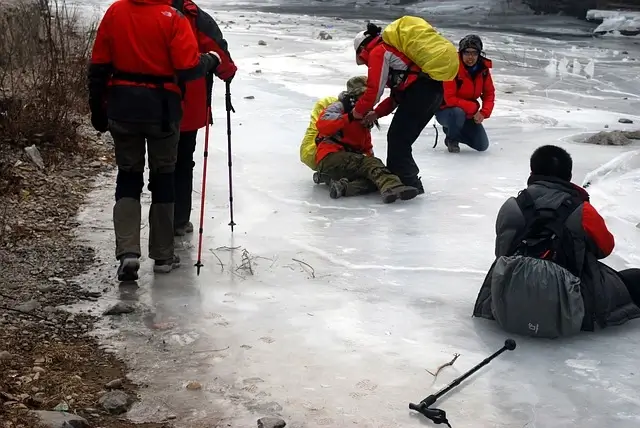Catastrophic injuries in personal injury law refer to severe and life-altering injuries that can have long-term or permanent effects on an individual's health and well-being. These injuries often result in significant physical, emotional, and financial burdens for the victim and their family.
In personal injury cases involving catastrophic injuries, the damages sought by the victim may include compensation for medical expenses, lost income and earning capacity, pain and suffering, and emotional distress. The severity and complexity of catastrophic injury cases often require the expertise of experienced personal injury attorneys who can navigate the legal process and advocate for the victim's rights and interests.
Catastrophic and serious injuries that result from various types of accidents, including car accidents, slip and fall accidents, construction-site accidents and medical malpractice in New York City include:
Depending on the type of case that caused catastrophic and serious injuries, the time to bring a law suit will be different. For example, if a slip and fall or automobile accident case not involving the City of New York or City agency, a law suit must be brought within 3 years of the incident.
If, however, serious and catastrophic injuries are due to medical malpractice, and the case does not involve a City agency, then a law suit must be brought within 2 1/2 years.
It is always advisable to consult with an attorney if you suspect you or a family member suffered a serious or catastrophic injury caused by someone else. Some general steps to consider are:
1. Seek medical attention: Health and safety should be the top priority. If you or a loved one are injured, seek medical treatment as soon as possible. This will ensure that any injuries are documented and treated promptly, which can be crucial both for the purpose of overall recovery and should you pursue a potential legal claim.
2. Document the incident: Record the details of the incident while they're still fresh in your mind. This may include taking photos of the accident scene, your injuries, and any property damage, as well as gathering contact information of any witnesses. Write down everything you can remember about the circumstances surrounding the accident, including the date, time, location, and any contributing factors.
3. Preserve evidence: Keep any evidence related to the incident, such as medical records, receipts for expenses incurred due to the injury, and any damaged property. This will be important when making a claim for damages.
4. Report the incident: Depending on the circumstances, you may need to report the incident to appropriate authorities (e.g., the police, a property owner, your employer). Make sure to obtain a copy of any reports filed.
5. Consult with an attorney: Speak with a personal injury attorney who has experience handling cases that involve serious and catastrophic injuries. They can help you understand your legal rights and options, as well as guide you through the process of pursuing a claim. Many injury attorneys offer a free initial consultation, as we do, and will work on a contingency fee basis, meaning you won't have to pay any fees unless they successfully recover compensation on your behalf.
6. Follow your medical treatment plan: It's important to follow your doctor's recommendations for treatment and attend any follow-up appointments. This will not only help with your recovery but also demonstrate the seriousness of your injuries and your commitment to getting better.
7. Limit communication with potentially responsible parties: Avoid discussing the details of the accident or your injuries with the person or entity you believe to be responsible for your injuries, their insurance company, or their attorney. Any statements you make could potentially be used against you. Direct any communication to your attorney, who can handle these conversations on your behalf.
8. Be cautious with social media: Avoid posting about the accident or your injuries on social media, as these posts can potentially be used against you in your claim.
Remember that this is general guidance, and the specific steps you should take will depend on your individual circumstances. Always consult with a legal professional for advice tailored to your situation.





